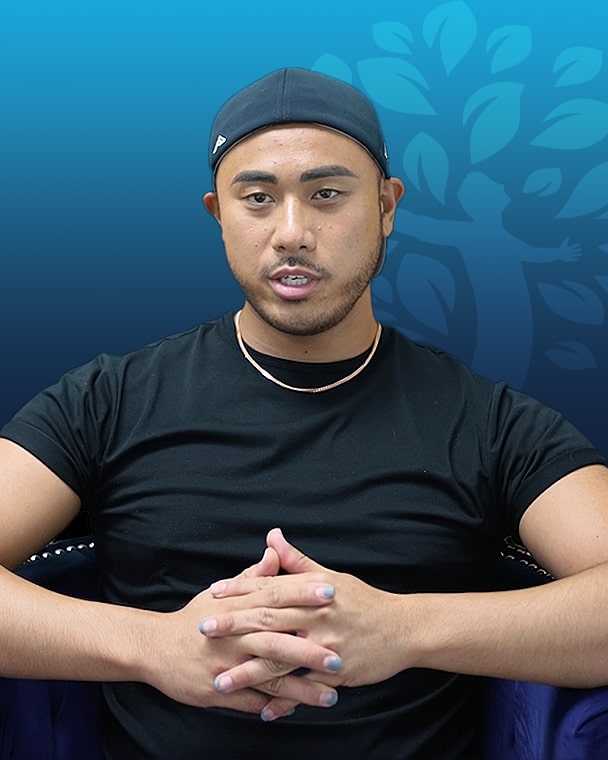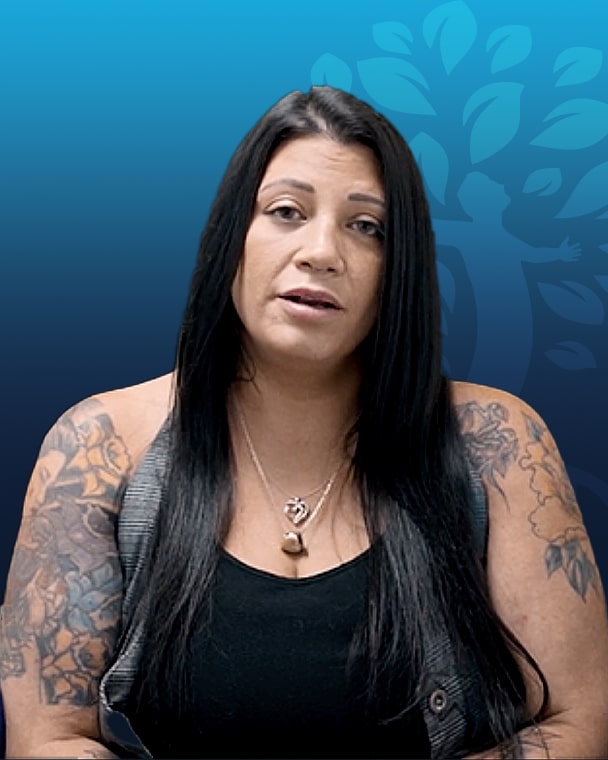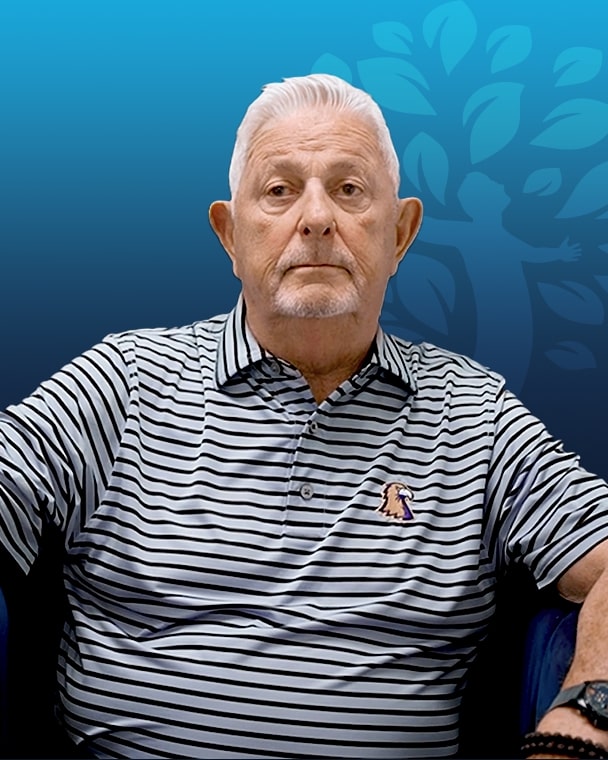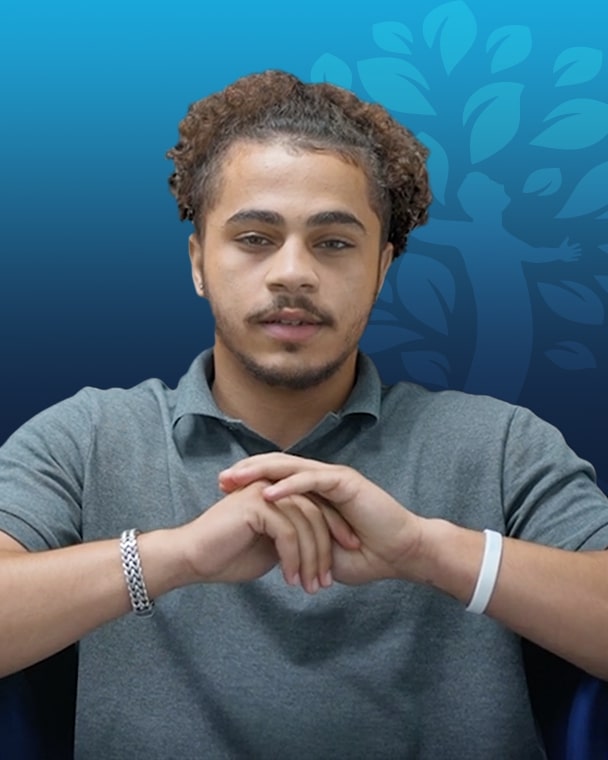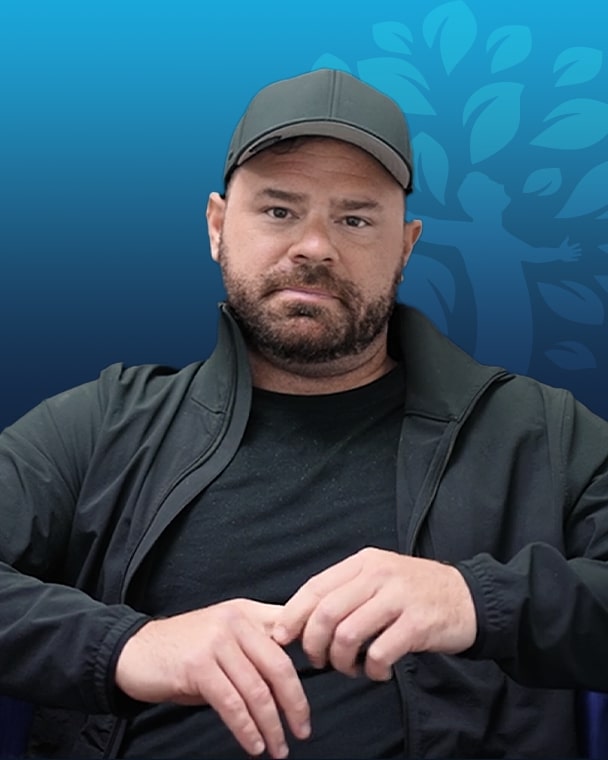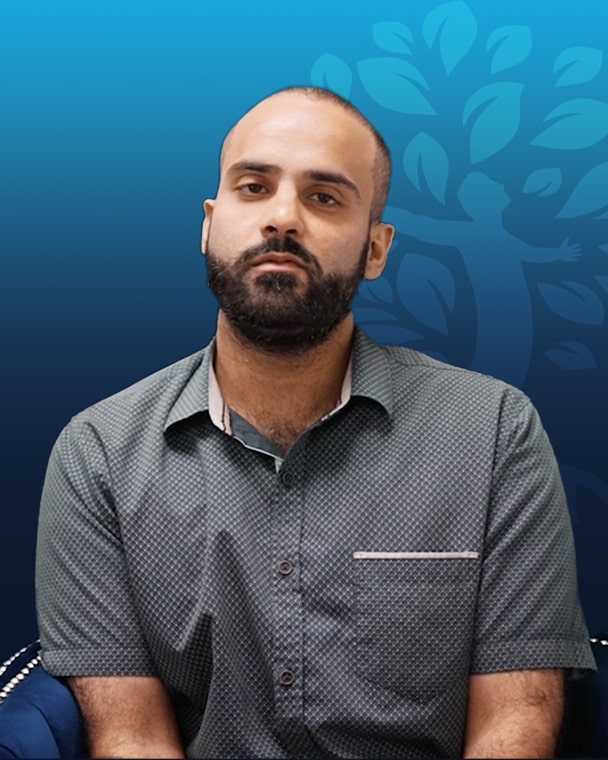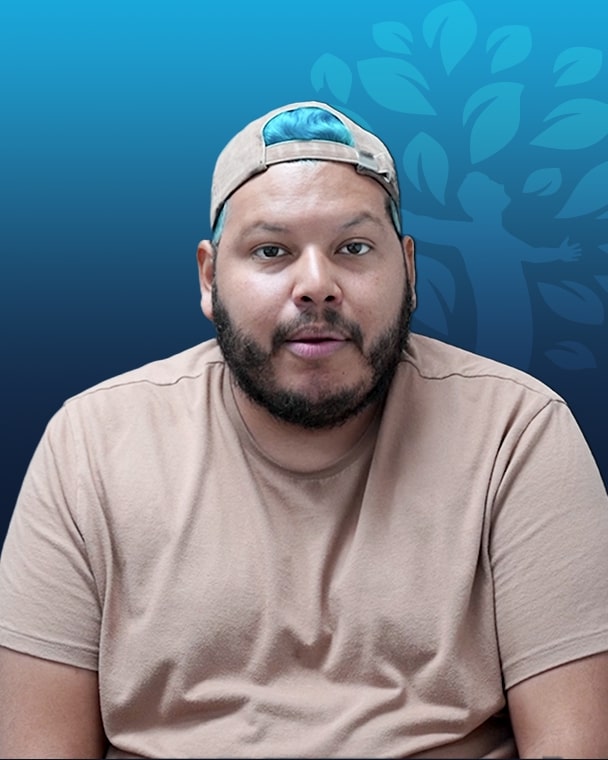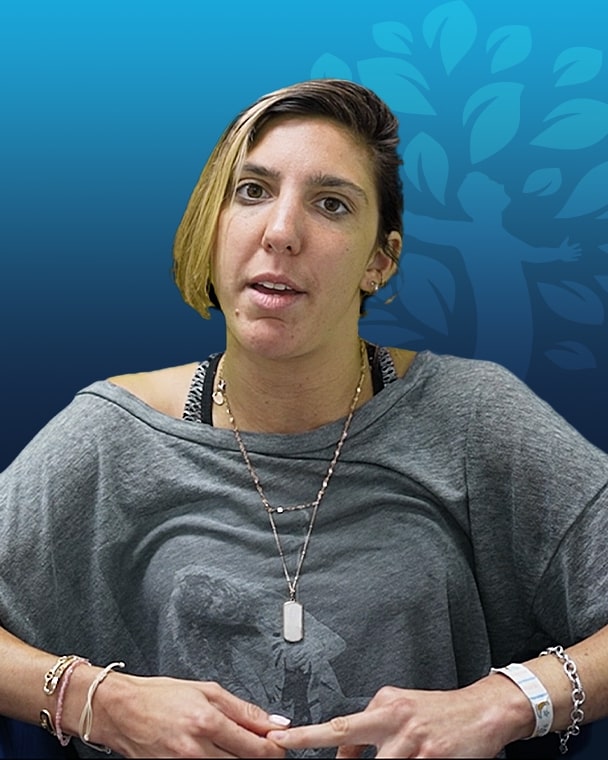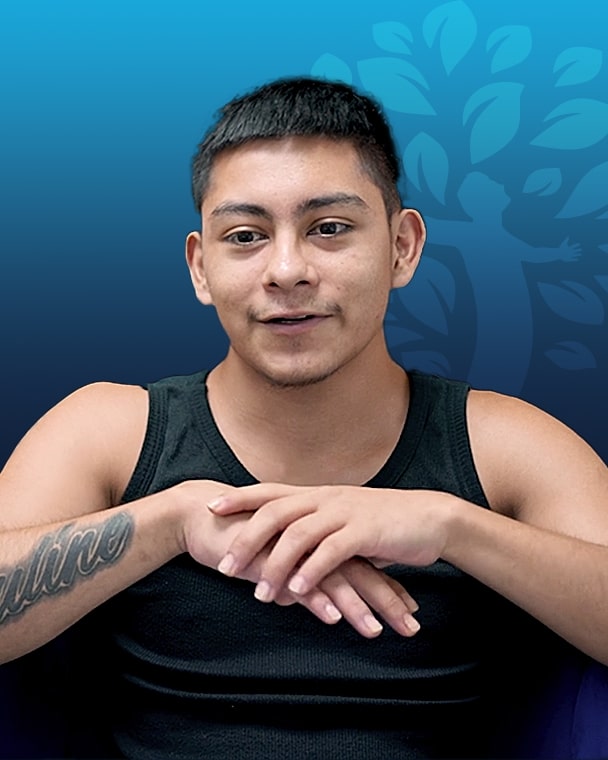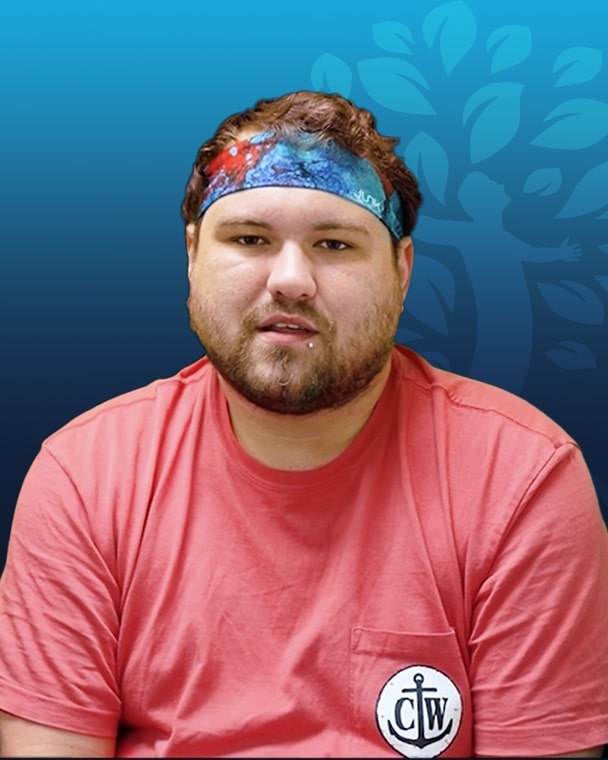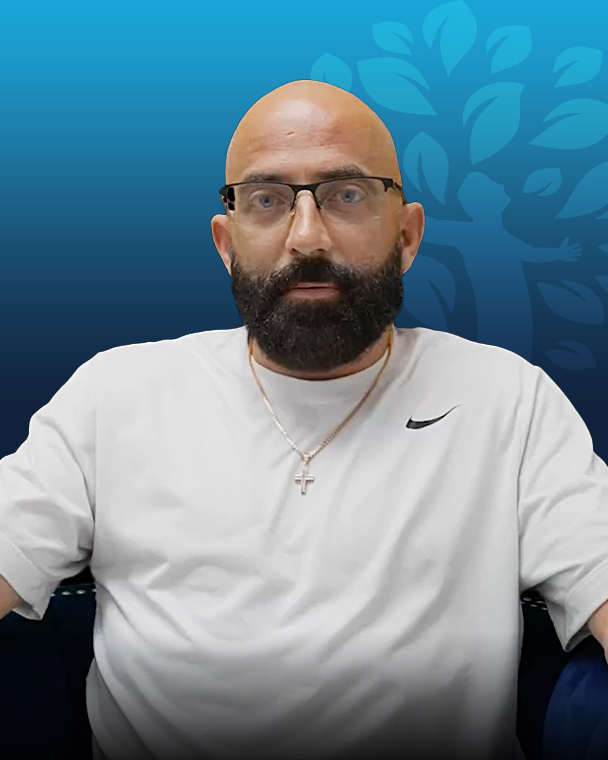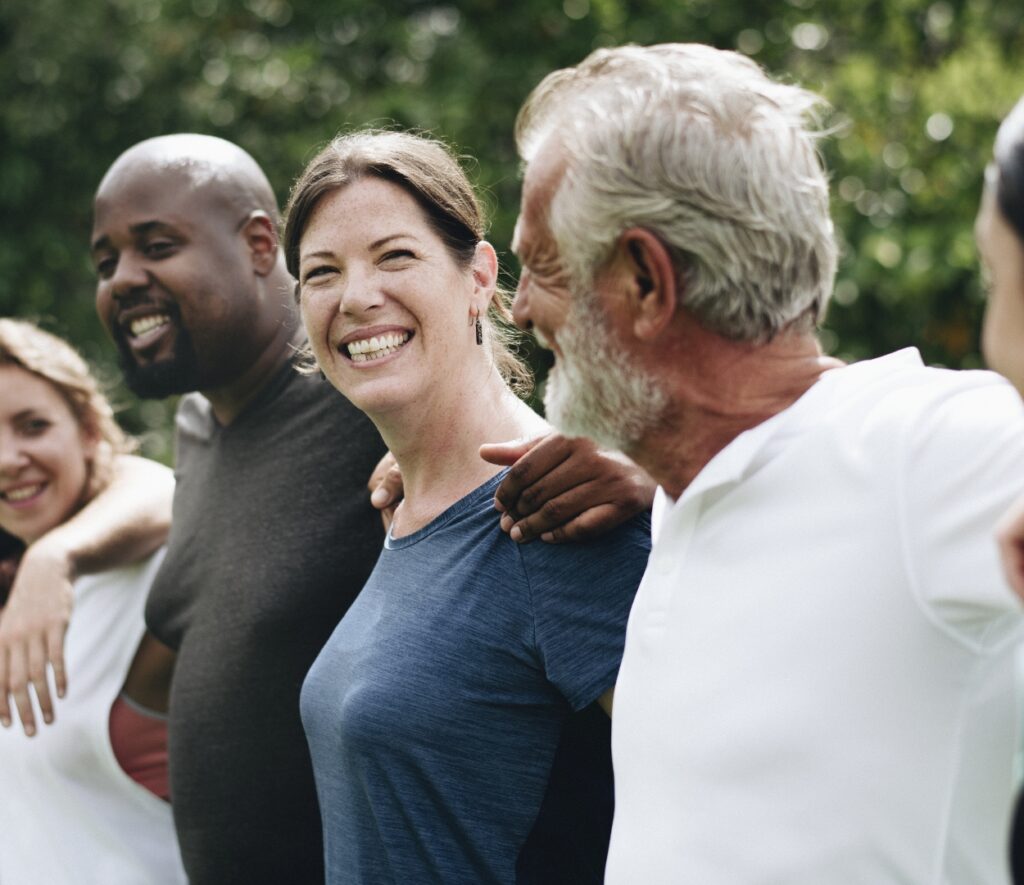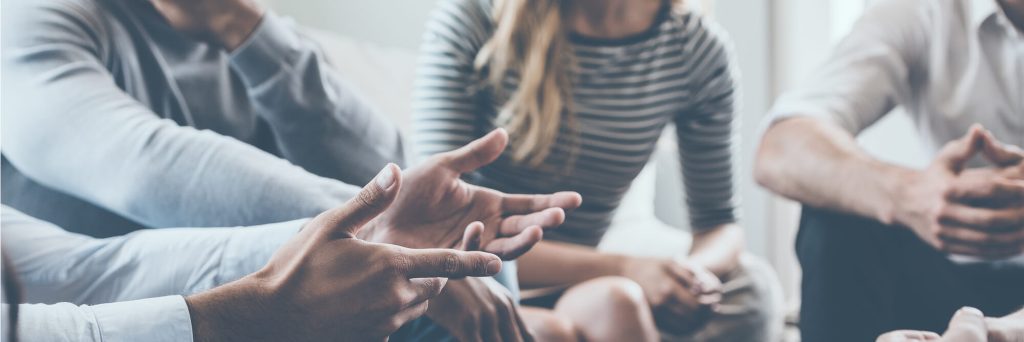
Opioid Rehab for Jacksonville Residents
Opioid Addiction in Jacksonville
The city of Jacksonville, with its wonderful museums and its beautiful Atlantic coastline, offers a great deal to enrich life. Unfortunately, Florida’s drug problem hasn’t spared this sunny corner of the state. Since the late 90s, opioid overdoses have risen with terrible speed, and have become a fearsome epidemic. Duval County, where Jacksonville is situated, saw 369 lives lost to opioid overdoses in 2017.
The History of Opioid Addiction
Drug overdoses occur when people, usually unintentionally, use more of a drug than their bodies can handle. Since addictive recreational drugs aren’t used under medical supervision, it isn’t uncommon for people to mistakenly use dangerously large doses. If drug overdoses cause more accidental deaths today than suicides and automobile mishaps, it isn’t because many people voluntarily choose to experiment with drugs for the recreational reward – in many cases, addiction begins with a doctor’s prescription for opioid painkillers for a painful condition. Over time, the prescribed drugs cause addiction.
How to Detox from Opioids
When you enter treatment for opioid rehab, you begin a process that involves two distinct parts: detoxification and rehabilitation. Detoxification, the process that you start with, aims to help you cease active use of drugs on a day-to-day basis. Tapering opioid use off can be an uncomfortable process; not only do you experience powerful cravings that urge you to return to drug use, you tend to go through withdrawal symptoms such as anxiety, tremors, gastrointestinal issues, and hot flashes, as well. The symptoms begin about six hours after the last dose taken, and peak a day later. They plateau for up to three days, and begin subsiding over the course of a week.
When you detoxify under medical supervision on an inpatient basis, you receive the psychological, physical and medical support that you need to get through the withdrawal symptoms as painlessly as possible, and with the reassurance that the process is on the right track.
How intense your withdrawal symptoms turn out to be, depends on the length of time for which your addiction has lasted, and the degree to which you’ve used opioids. Different detoxification methods work for different people. In some cases, the addiction professionals at the rehab may determine that placing you on methadone or another synthetic opiate helps subdue the cravings and other withdrawal symptoms. In others, buprenorphine and similar medicines may help suppress the symptoms.
Undergoing treatment for opioid addiction at a behavioral health center such as Legacy Healing Treatment that focuses on a holistic approach to overcoming addiction can help you achieve a life free from substance abuse.
What Opioid Rehab Is Like
Many people who struggle with addiction to opioids hesitate to seriously consider opioid rehab for the simple reason that they aren’t familiar with how exactly modern addiction treatment is able to help them. The uncertainty that they feel about how opioid rehab operates tends to cause them a great deal of anxiety. In truth however, there is nothing mysterious about the way treatment is provided.
At Legacy Healing Center in South Florida, every therapy program, counseling session, and activity proceeds according to an individualized, efficient plan. Having a customized plan in place that focuses on healing inside and out helps our patients achieve sobriety and gives them the tools to maintain that sobriety after treatment. Our programs offer them the support and structure they deeply need.
The typical day at rehab begins bright and early, with a nutritious breakfast and an exercise session. In some ways, these are considered part of the treatment. Learning healthy new habits can help put order and satisfaction with life back in the patient’s world.
The therapeutic sessions of opioid rehab begin post breakfast. Depending on the specifics of the treatment course, the patient attends therapy with a psychologist, where they learn about what addiction is, how they came to find themselves addicted to substance abuse, and what they need to do to recover and return to a healthy, productive life. These therapeutic sessions are offered in an atmosphere of friendly support. Participants learn here how addiction works, and what exactly they need to do to get their life back.
After lunch, treatment continues with different kinds of therapeutic sessions. Cognitive-behavioral therapy is a therapeutic approach that helps the patient recognize how certain environmental cues set off unhealthy responses in the mind, and how different, healthy responses can be learned. For instance, you may find that the environmental cue of loneliness makes you reach for an opioid to feel better, but learn new, healthier behavioral approaches to address it, that render the use of opioids unnecessary.
In family therapy, the addiction of the individual is addressed in the context of the family that they come from. When a person is addicted to substance abuse, the unhealthy behavioral patterns involved tend to inspire responses such as anger, resentment and codependency among family members. Family therapy targets such behaviors, helps families deal with unresolved anger, and helps heal family relationships so that addicted individuals are able to count on the support of their families.
In group therapy, groups of addiction survivors get together to share the story of their experiences and their challenges, under the guidance of a therapist. Group sessions allow participants to find a sense of camaraderie and shared purpose, and come out stronger for it. In faith-based treatment programs, group therapy tends to focus on the spiritual values that participants share, and on prayer as a way for participants to connect to one another as they look for meaning in what has happened to them.
How Long Does Rehab Last?
Individual patients progress through rehab at different rates. No one plan fits everyone; this is why, at Legacy Healing Center, we offer individualized treatment plans that span a variety of durations. In general, however, longer treatment periods correlate with improved odds of long-term sobriety. It’s important to not go in with fixed ideas of how long a treatment course should last – 30 days, 60 days, or 90 days. A high-end addiction treatment center like Legacy Healing Center offers luxurious amenities to provide a calm and serene treatment environment. It should be up to the addiction professionals offering treatment to determine how much treatment is needed, depending on the drugs used and the quantities involved, and the duration for which addiction has lasted.
While the core treatment plans may last up to 90 days, treatment with medication with substances like methadone may last a year or longer, continuing after leaving the inpatient facility. It’s important for anyone struggling with addiction to understand that what they experience is a chronic disease of the brain, and they need to be patient in treating it for as long as needed. Only then does lifelong sobriety come within their grasp.
For more information on our treatment programs, please reach out to Legacy Healing Center today at
Sober-friendly Attractions near Jacksonville
Whether you attend Legacy Healing Center or another behavioral health center, it’s important to remain engaged and active in your recovery after treatment. For those that live in Jacksonville, there are many sober-friendly activities and places to go that will help you stay active in recovery.
Picturesque Jacksonville is blessed with both a beautiful river, the St. John’s River that runs right through town, and the ocean to the east. While it’s a big city, the folks of Jacksonville hold on to small-town values, something that makes this a wonderful place to be in. Not many people realize it, but in the early 1900s, long before the film industry settled down in Hollywood, California, it was Jacksonville, Florida that was the center of the world’s motion picture industry.
You get to revisit the old-world charm of the South at the Kingsley Plantation, catch a show at Florida Theater that has been around for nearly a century, or visit Fort George Island Cultural State Park. These wonderful and interesting surroundings can help keep you busy and enjoying life in recovery.


Legacy Healing Center testimonials
Real People. Real experiences



Legacy Healing Center testimonials
What Our Alumni Has to Say
GET IN TOUCH
Contact Us
If you would like to get in touch with us or simply have any questions or comments, please call us today. Our helpline if 100% confidential.
Call Us
Email Us
Visit Us
1425 WEST CYPRESS CREEK ROAD, SUITE 201FORT LAUDERDALE, FL 33309
